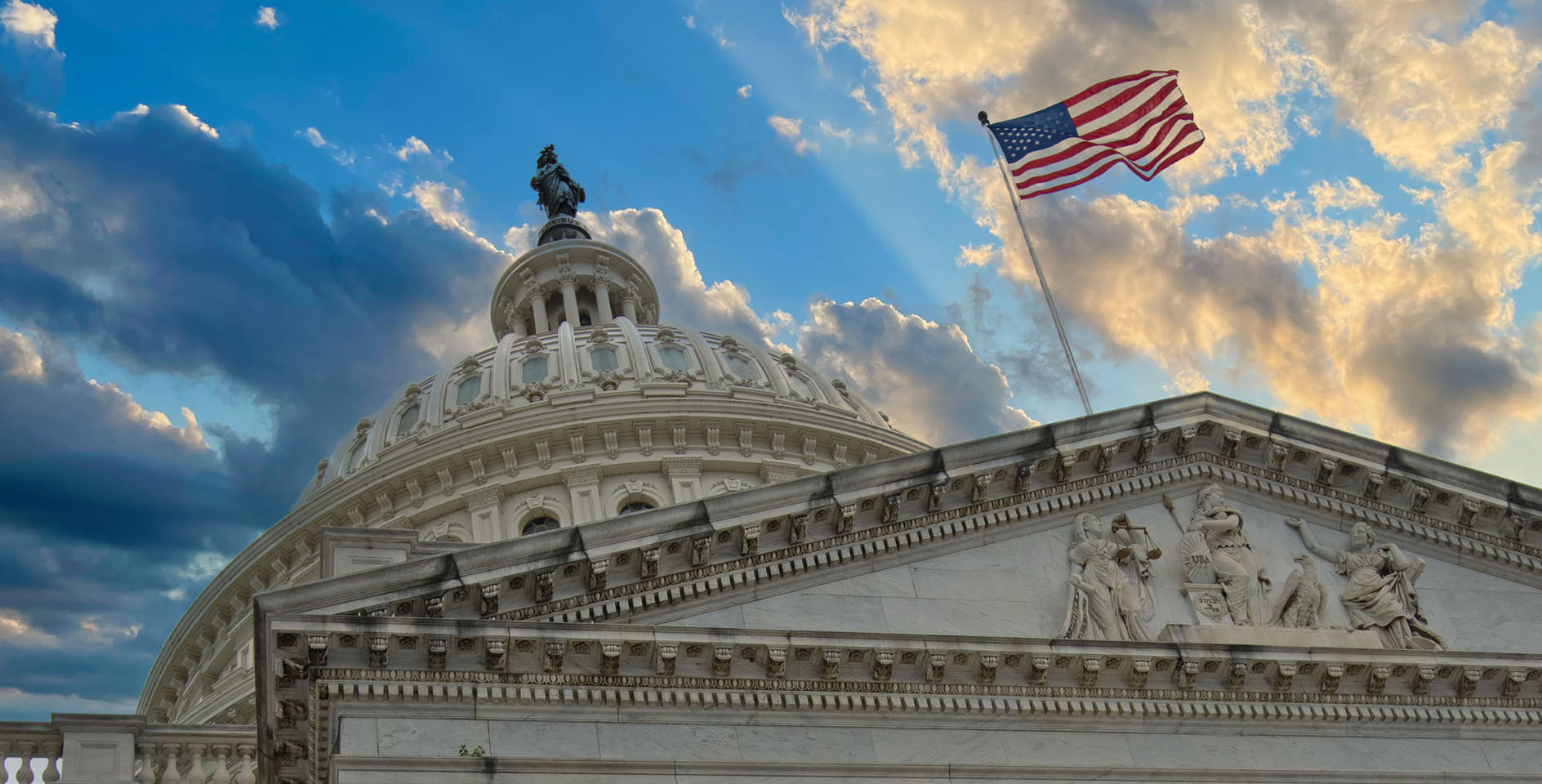Richard Rorty once defined truth as “what your contemporaries will let you get away with,” and in a way this notion captures the pragmatic gist of John Rawls’ doctrine of public reason surveyed in part I of this post: the reasonableness of any political claim or assertion is determined by what “the public” finds reasonable. So you might think of “public reason” as conceptual proxy for what we as a society think is true or false, wise or foolish, fair or unfair. Rawls is not suggesting that truth itself is relative, as Rorty sometimes wants to say, but is rather explaining why adjudication of political discourse is conducted by Public Reason. The “overlapping consensus” constituting Public Reason is united by a common commitment to fairness. He thinks fairness is something we all want regardless of whether we’re outspoken about it or not. Crucially, on Rawls view, this shared understanding remains independent of any one philosophic, scientific, or religious viewpoint. “Public reason” is the name of the independent understanding we share in
I also alluded in part I to a couple of ramifications for Rawls’ doctrine of public reason: (i) that knowledge of distinctly political language — knowing the rules of play — is a requirement for participation in public discourse and (ii) that one must refrain from explicit appeal to a comprehensive doctrine unless terms are translated for public discourse. I’d like here to expand upon these implications by highlighting how Rawls’ account of Public Reason controls the terms of public discourse, and then conclude with a few pointed criticisms of his account.
The recurring challenge for someone holding a comprehensive doctrine is detecting the resonances and dissonances that one’s comprehensive doctrine shares with public reason. Suppose you identify as Christian and want the truths of Christianity to shape your life. And suppose further that this commitment has prompted you to take special interest, say, in contemporary immigration policy. For theological reasons you feel that immigrants deserve a place to dwell safely and to pursue their own flourishing. But you quickly discover that your theological rationale for securing a prudent naturalization process does not translate easily into the terms of political debate. You cannot say every human being has dignity because made in the image of God, because on Rawls’ account theological reasons are publicly inadmissible. What you have to do is explain how and why prudent naturalization comports with public reason’s ideals, which would mean explaining how and why prudent naturalization results in a fairer society.
It doesn’t matter that your charitable motivation is Christian in character, or that you wish to affirm the dignity of the person and act for their good, or even that you’d like to give families a place to belong without fear. Public reason is disinterested in love. It requires that you translate your charitable motivations into terms of social justice. Love the immigrant all you want, but to contribute to public discourse on the issue of immigration you are required to demonstrate the comparable fairness of your proposals. This is partly what I mean by “learning the rules of play.” Regardless of what you personally believe or how you feel, all political pronouncements have to be stated as public reason dictates.
But what happens when public reason becomes less and less knowledgeable of the religious traditions from which it arose? Or to put it another way, how are we to respond when it becomes apparent that public reason is religiously illiterate? These are much harder questions. In some cases it is not clear that specific faith commitments can be translated into terms of public reason at all. Take an example.
Suppose I were to claim, following Gilbert Meilander, that on the Christian account we may never seek euthanasia because our lives are not “ours” to dispense with as we please, but belong instead to Christ. That would be a profoundly theological ethic against euthanasia. But public reason will balk at the claim, and the euthanasia advocate will likewise stress the very opposite point: our lives are irrevocably ours to dispense with as we please, especially if we wish to avoid intense suffering. This impasse of whether we “own” ourselves or not is not politically remediable, not purely on Rawls’ terms anyway. Other argumentative strategies are available for the Christian, however, like showing euthanasia’s contradiction to the hippocratic oath of physicians, or highlighting the troubling expansion of eligibility standards in Europe, provided that such points finally reaffirmed the ideals of public reason. Thus there is a definite sense in which the ethical core of a comprehensive doctrine can remain fundamentally irreconcilable with public reason. In such cases public reason always prevails.
Let me turn now to that second ramification of not explicitly appealing to one’s comprehensive doctrine during public discourse. For Rawls, public reason is normative — it decides things — yet remains “freestanding” and religiously ambivalent. If a Christian, for example, wishes to participate in the public square, she will be heard and understood only if she speaks the language of public reason. But this raises again the natural question of whether the core tenets of Christianity are fully translatable for public address, and in turn to an even deeper question: should the Christian set the theological terms of their existence aside, or perhaps compromise them, in order to gain public hearing? Should anyone, irrespective of their comprehensive doctrine, be required to jettison the very terms of that doctrine in order to participate in political discourse? Plainly the answer to these questions is No.
I pose the questions in this way primarily to draw our attention a still larger, and perhaps even more decisive point: Public Reason is itself a comprehensive doctrine. It has a dogma, narrative, and ends just as longstanding religious traditions do. “The public,” as Rawls describes it, is endowed with a logic, or creed, that mimics other comprehensive doctrines. And on this point I’m reminded of David Foster Wallace’s short but memorable quip in his Kenyon College commencement address: everybody worships. Everyone bends the knee to something. Humans are worshipping creatures. As such, public reason and indeed the whole project of Social Justice that Rawls account typifies, is religious all the way down. The so-called secularist is as committed to his comprehensive doctrine as the Christian is to hers.
Public reason is an ideology. All political discourse must comport with it, and in determining the validity of a contribution it can weigh the merits only against what has already been judged true. Public reason is indistinguishable from the prevailing opinion, whatever that is. And because public reason is by definition self-validating, it is an ideology in the truest sense of the word; the inerrant authority on what is and isn’t politically correct. And it’s the ideological character of public reason coupled with its uncanny ability to resist falsificaiton that has lent it so much of its theoretical force. Rawls’ doctrine is elegant in theory, but when subjected to more concrete, granular examination it becomes practically untenable. To illustrate, one explanation for the rise of protest candidates this election season, arguably, is to view them as a revolt against the settled rule of public reason.
It is perhaps fitting at this point to speculate momentarily on just what it means to “be public” in the first place. When is it, exactly, that we are public? At what moment? The rather common assumption today is that being public means presenting oneself to a watching or reading audience of some kind, so that “public” just means not-private. But what are we then to make of the obvious disjuncts in publicity, like when someone who wishes to be public fails to gain an audience, or conversely, when the same person this time seeking an audience fails to acquire one? “Bad publicity,” too, is puzzling. The scope of publicity far surpasses our meagre intentions to capture or avoid it. The slipperiness of publicity is attributable in part to the mediated character of social life today. To the extent that “the public” is predominantly mediated, the terms of what counts as public and so according with public reason are often determined by those who control how their respective medium will disclose the very terms of reality and of ideas about it. As John Paul II reiterated in Aetatis Novae, modern media controls through the selection of language not only the way things will be thought, but even whether a thing will be thought at all. “The public” is us as we see ourselves through these mediums.
Rawls thought he was simply describing the way political society worked. What I’ve tried to show is that when Rawls’ doctrine of public reason moves from the descriptive–this is how political society works–to normative–this is how political society should work– it cannot live up to its own criteria. It’s unclear why we shouldn’t think of public reason as constituting a comprehensive doctrine, nor is it clear that we have a shared understanding of what “the public” represents. The very “authority” making public reason right and reasonable itself is questionable. Thus I think it is more fitting to speak of society as composed of many publics rather than of only one public. Rawls’ public is too speculative and mythic.
Now, I certainly do not mean to suggest that these ambiguities should somehow disallow or discourage the Christian from engaging public discourse. Civic participation is imperative. But we do not have to do it as we’ve always done it. Speaking more clearly and persuasively in public requires knowing better what a given public thinks. What are the claims and arguments? Why has it settled on these aims rather than others? Etc. In becoming better informed about the texture of public discourse we will begin to see — because of our commitment to a comprehensive doctrine (Christianity) — the false binaries that paralyze discussion of our most pressing political debates. We’ll also learn a great deal about the proper tone of discourse. In any case, the aim in public discourse can no longer be that of adapting commitments to comport with public rationality, but to challenge the very terms in which that rationality justifies itself. Public reason has its gods–let’s call them out!










